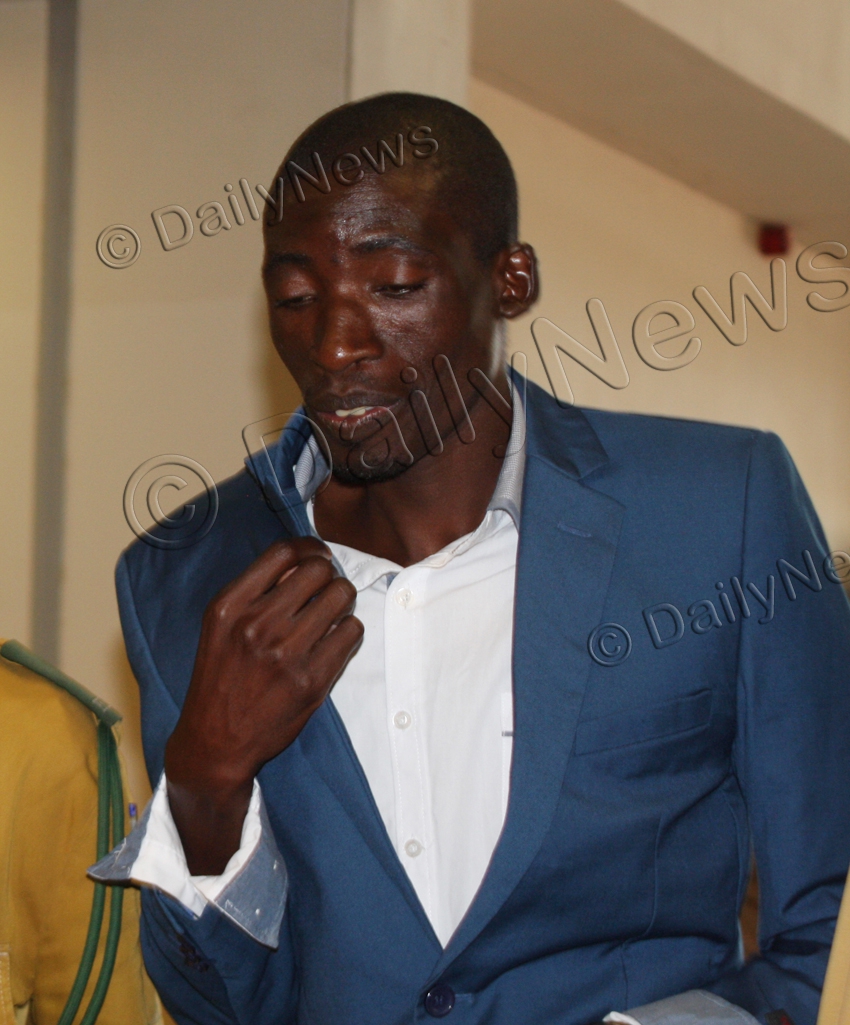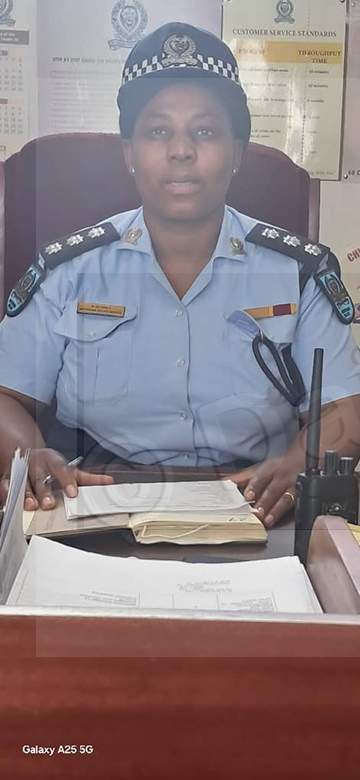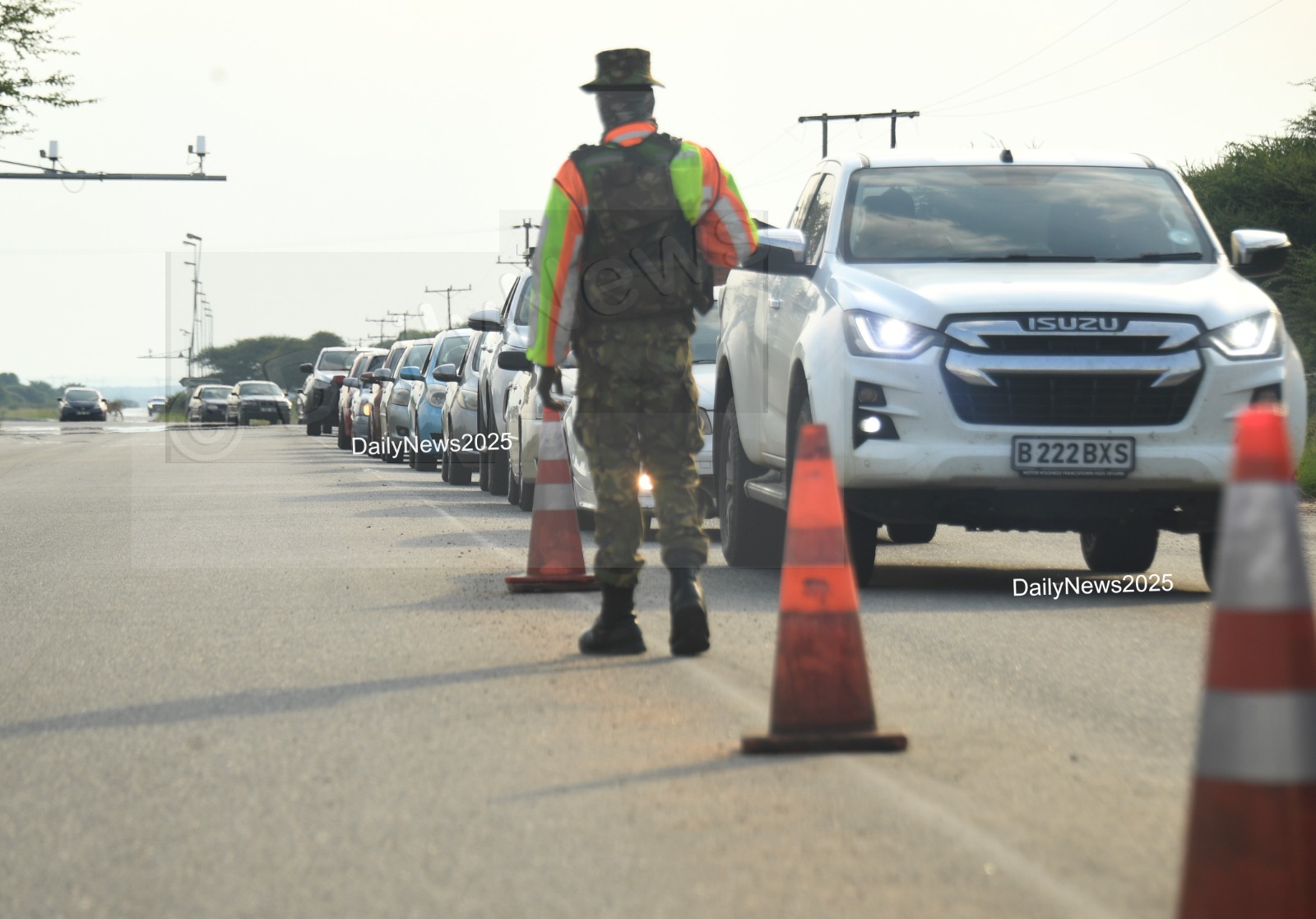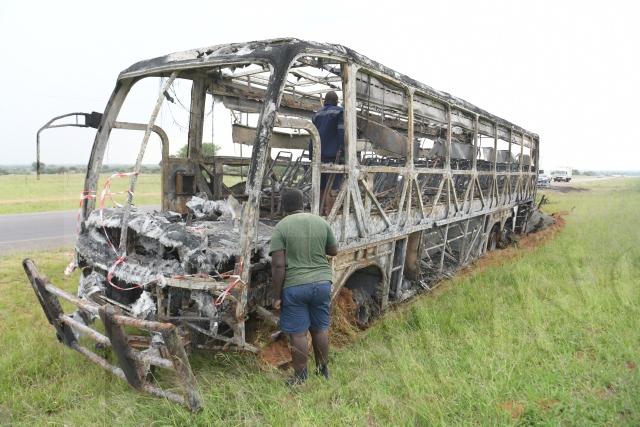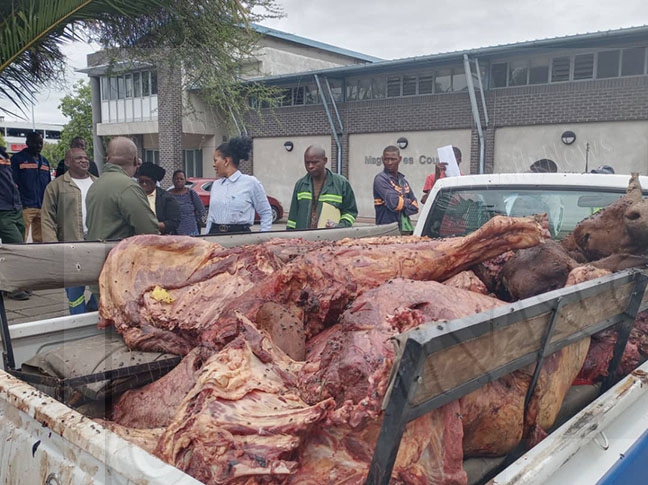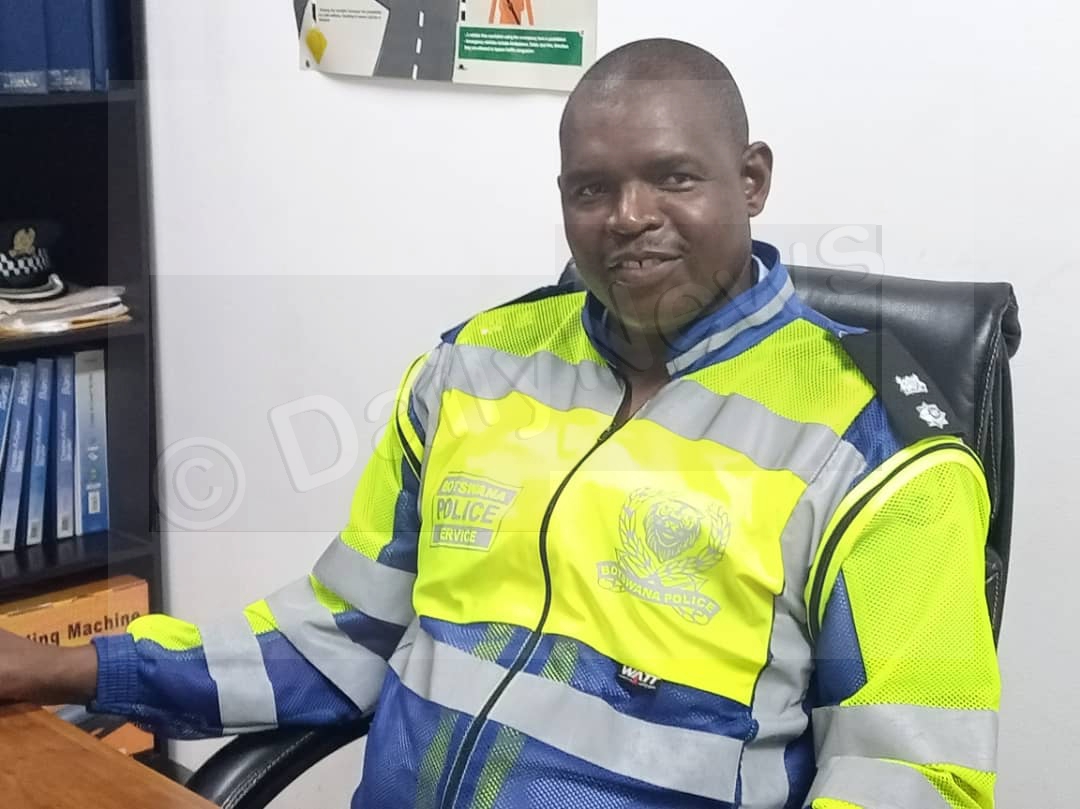Court grants Diwanga bail
15 Sep 2019
The Francistown High Court has granted triple murder accused Kativa Diwanga bail.
Thirty-three year old Diwanga is alleged to have, on June 10, 2019 in Tsholofelo East in Gaborone murdered Methuseli Musoliwa, Sibongile Marks and Mellissa Marks.
The accused had initially failed in his first bid for freedom at the Broadhurst magistrate’s court in Gaborone last month.
In granting bail to the accused, Justice Phadi Solomon explained that the court had balanced the interest of the accused and those of society. Justice Solomon said the court had to determine if the accused would appear in court if called to do so.
The accused, she noted, was facing very serious allegations of three murders, including that of a child for which he could be sentenced to death if convicted.
Addressing the state’s concerns that the accused was a flight risk, the judge said they did not produce any evidence to demonstrate that, noting that having relatives in Namibia could not be proof that an accused would flee.
Justice Solomon released Diwanga on condition that he paid P5000 and provided two citizen sureties who would each bind themselves with P5000.
The accused was also ordered to surrender his passport, not interfere with investigation’s witnesses, report to Kutlwano Police every Friday and Monday, and to appear in court as and when he was wanted.
The Directorate of Public Prosecutions represented by Mr Moffat Dick had earlier argued against granting the accused bail, noting that according to allegations which were still being investigated, the accused’s father was a Namibian citizen.
This, Mr Dick said, meant that it was likely that he had relatives in that country and they feared that he would abscond if granted bail.
He acknowledged receipt of replying documents from the defence lawyers, which included his Omang application.
However, the state prosecutor explained that there was an empty entry in the section which required the name of the father.
He informed the court that they did not know if that meant that the accused did not have a father.
Mr Dick said that the absence of such information had not been thoroughly explained.
The prosecutor also informed the court that if the accused absconded after being granted bail, it would take them through the long route of extradition, which he said, was a cumbersome process.
He also cited South African case in which the highest court in that country ruled that persons facing murder could only be extradited only if an undertaking was made that they would not be sentenced to death. Mr Dick further said that though the case was not binding, it might be persuasive to Namibian courts.
On other issues, the state prosecutor argued that since the accused was facing murder charges, it might be difficult to bring him back if he absconded since Namibia had abolished the death penalty. Diwanga, he said, was a flight risk and the crime which he was alleged to have committed was still fresh which warranted his continued detention.
Cross border cooperation on bringing back accused persons, Mr Dick submitted, was difficult and required mutual legal assistance from the other country and department.
The accused’s attorney, Mr Mishingo Jeremiah, however, argued that the additional documents they submitted to the court proved that the accused was a Motswana who was born in the country and his mother was also a citizen.
Attorney Jeremiah said that they was no reason to believe that his client was a flight risk as the prosecution had not provided any shred of evidence to the court.
He also argued that having relatives outside the country does not automatically make one a flight risk.
Mr Jeremiah also urged the court to consider his client’s good character as he had no previous convictions and that he was a permanent resident of Francistown, who originally came from Kauxwi village in the Okavango sub-district.
The defence attorney also informed the court that his client had Batswana sureties who were willing to bind themselves for his bail.
Consequently, he mentioned that there was no evidence before court that the state’s investigations would be prejudiced since the other suspect had been arrested and evidence collected from him.
He argued that the state also conceded in its papers to the court that the accused could not interfere with investigations. Diwanga, he said, was the one who could suffer prejudice if not released on bail as his life had been on standstill in the last three months.
Furthermore, he explained that if charges against him were dropped after long periods of incarceration, no one would compensate him for the loss that he would have suffered. Diwanga’s co-accused, Thomas Gilala was arrested in Namibia and is awaiting extradition to Botswana. ENDS
Source : BOPA
Author : Puso Kedidimetse
Location : FRANCISTOWN
Event : COURT
Date : 15 Sep 2019


